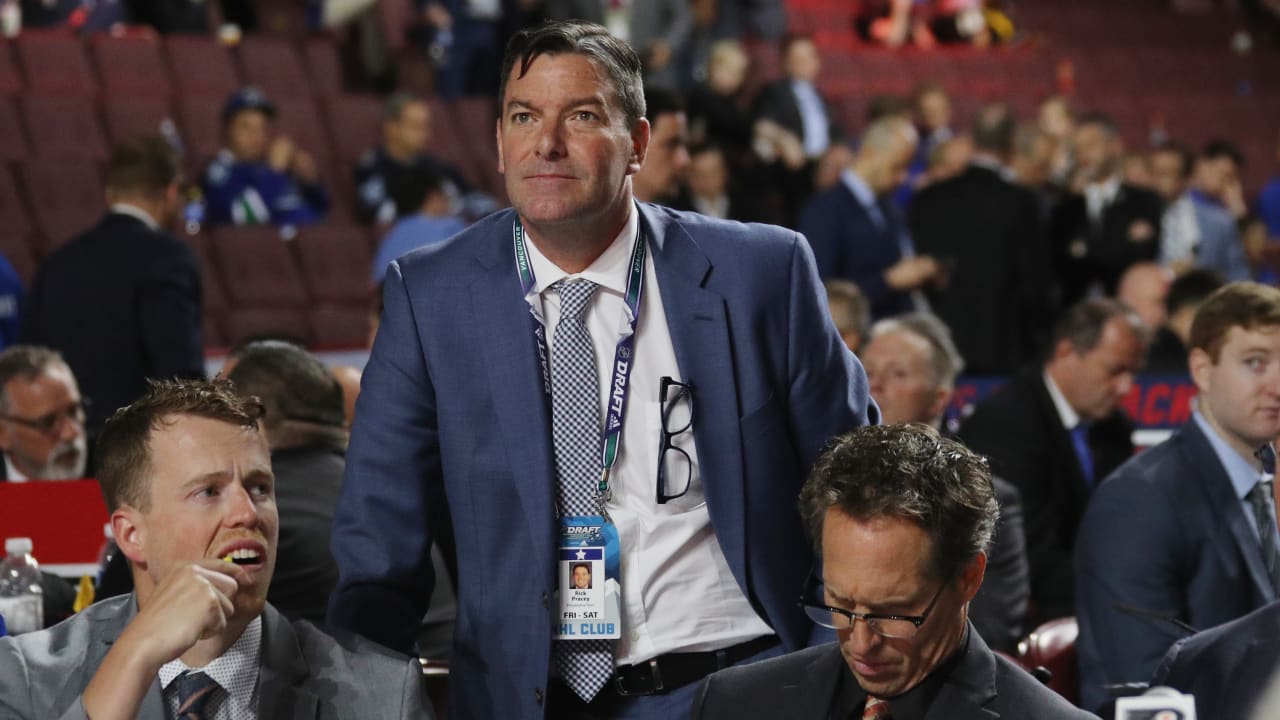US government will review all future songs by rapper BG

A rapper from New Orleans who had a hit in 1999 must now have the lyrics of his upcoming songs approved by the US government following a court ruling.
Rapper BG (aka Baby Gangsta), whose “Bling Bling” peaked at No. 36 on the Billboard charts 25 years ago, must provide copies of his upcoming songs to federal authorities before they are promoted or produced, according to a ruling by U.S. District Judge Susie Morgan, who oversees the Eastern District of Louisiana. If the lyrics of those songs are “inconsistent with the terms of the singer’s rehabilitation,” it could affect his supervised release.
BG (real name Christopher Dorsey) was sentenced to 14 years in prison in 2014 for two counts of weapons possession and conspiracy to obstruct justice. He was released last September and will spend the next three years under federal supervision.
He has resumed his music career and in February performed a concert with another rapper who was convicted of a crime. Under the terms of his release, he is no longer allowed to have contact with convicted felons – and BG has been arrested again.
As it turns out, BG had been given permission to collaborate with the other rapper, but the song lyrics they exchanged made authorities doubt BG’s commitment to rehabilitation, ultimately leading to last Friday’s decision.
Prosecutors had asked the court to prohibit BG from “promoting and glorifying future gun violence/murder” in the songs he played during his tenure, but the court considered this a violation of freedom of speech.
“To address the government’s legitimate concerns, the court will impose a special requirement that the defendant submit to the United States Parole Board a copy of the lyrics of all songs he has written before producing or promoting those songs,” the judge’s order states. “The government may, if it deems necessary and appropriate, file a further motion for leave to file a ruling to show why the terms of the defendant’s parole should not be modified because his conduct is inconsistent with the goals of rehabilitation.”



